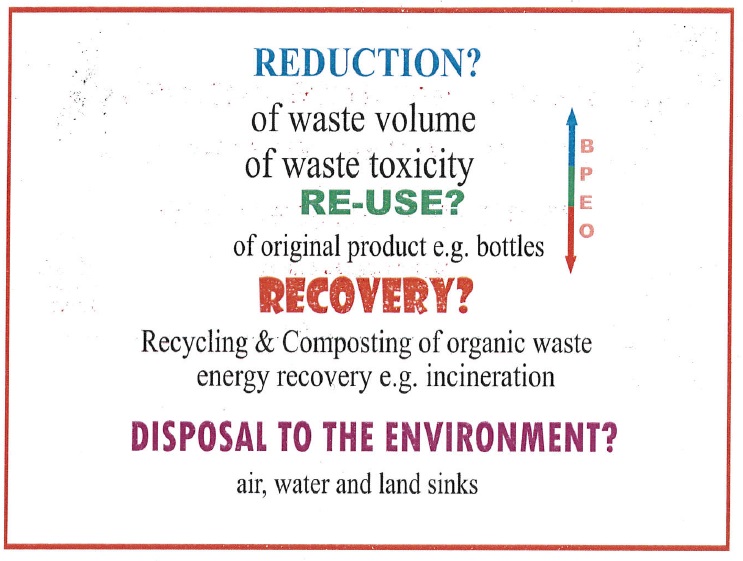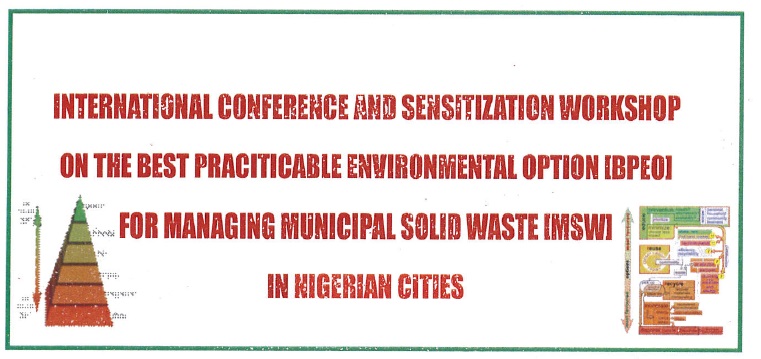The link between Businesses, Universities and Applied Research Activities.
Partnerships And Collaboration Projects
The Benefits of The Use of Digital Technologies for Applied Research and Development Activities in Nigerian Universities and Research Institutes
The Reorganization of Business and/or Applied Research Activities around Digital Technologies [ Digitalization ], must involve business processes and interactions to bring the benefits of smartphones, big data, the internet of things, machine learning, industrial processes, etc, to Applied Research and Development Activities in Nigerian Universities and Research Institutes.
The Acquisition of Digital Skills by Undergraduate and Postgraduate students and ‘Research Active Academics’ [ Faculty ] of Host Institutions is important for problem-solving in Applied Research and Development / Innovation Activities and Processes in Nigerian Universities and Research Institutes.
The Benefits of the use of Digital Technologies[ Digitalization] include: Efficiency and Productivity Gains, Greater Accuracy of Information, Enhanced Visibility and for Better Decision Making, in Applied Research and Development Activities in Nigerian Universities and Research Institutes.
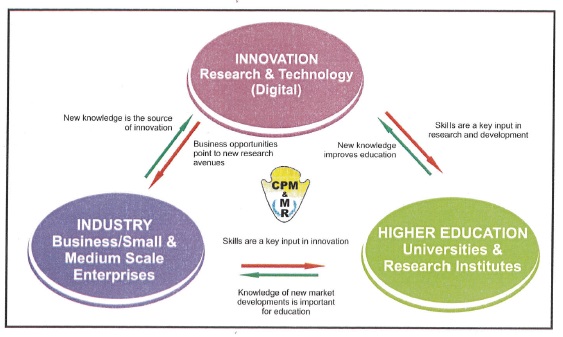

Proposed Door & Signpost of the Project at the Host University/Research Institute Partnership in Nigeria
Conceptual Model: Resourcing of Digital Technology and Transformation. This model is vital in all aspects of Applied Research and Business activities. Emerging digital technologies [digitalization] affect everyone and in everyplace, it also affects processes and interactions everywhere. At the heart of digitalization is the basic understanding that businesses must adapt and evolve to take advantage of digital technologies in order to remain competitive.
Food Security and The Mechanization of Rural Community Farmlands in Nigeria : Contract Farming Project:
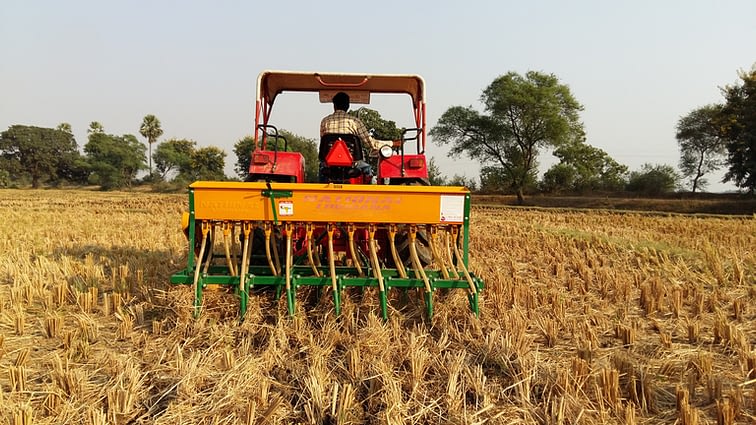
The Market Research Society of Nigeria [ MRSN ] shall provide Tractor and Machinery service, including cassava stems, yam/potato roots, plantain/banana roots, fruits, vegetables and maize/corn, soybean seedlings, etc, to Farming Communities and Farmlands of between 1 and 10 hectares in Nigeria and provide markets for the farm produce at harvest.
The MRSN will support the establishment of Oil Palm, Cassava, Plantain, Soybean/Maize and other Food Processing Mills in Nigeria and shall ensure that the Processing Mills receive an adequate supply of Palm Oil fruits, Cassava tubers and other food raw materials on a regular basis.
The MRSN shall provide experts with special skills to deliver capacity & training linked to the management of Agricultural projects, and shall support rural farmers and communities.
The expected, Partnership Benefits of Mechanized Contract farming of the Market Research Society of Nigeria, to Rural Community Farmlands and to Food Security Market in Nigeria, include the following;
- An increase in tractor power inputs to farming activities, hence putting more land into production.
- A reduction in drudgery in farming activities, thereby enhancing lifestyles.
- An improvement in the timeliness and efficiency of community farm operations.
- An accomplishment of tasks that are difficult to perform without mechanical aids.
- An improvement of the quality and value of work, to produce and process agricultural products.
- A provision of employment [entrepreneurship] and sustainable rural livelihoods.
- A provision of agriculture-led industrialization and markets for rural economic growth.
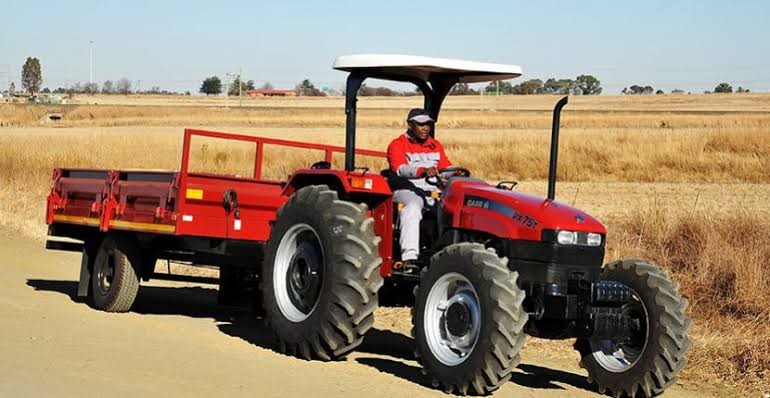
The following are the outcomes from Mechanized Contract Farming;
- A major increase in rural community farmland under cultivation.
- Parallel increases in crop yields.
- A major increase in the farm produce market.
- An increase in value-added to raw materials.
- A major increase in cash flows to farming communities.
Integrated Waste Management and Best Practicable Environmental Option [ BPEO ] Solutions for Nigerian Cities
Waste Reduction and Composting
The growth of industrialization and urbanization around the world and in Nigeria is causing an increase in the amount of waste material that must be disposed of, to reduce the non – biodegradability and toxicity of the waste.
The challenge facing organizations is to minimize the amount of waste that is produced in the first place by adopting ‘ clean technologies’ which are less polluting and use less energy and raw materials. These are the opposite of ‘end-of-pipe solutions which treat waste after it has been produced, added as an afterthought to an existing process. The use of clean technologies by industry can increase efficiency and bring significant cost savings, not to mention the environmental benefits.
Nevertheless, industrial and domestic waste cannot be reduced to anything and there are many options for dealing with it. The Best Practicable Environmental Option [ BPEO ] emphasizes an overall desire for an integrated waste management approach, where we concentrate on REDUCING the levels of waste being produced and the remaining wastes may be buried, burned or biodegraded, treated with chemicals, recycled or separated for re-use as secondary raw materials or even composting of kitchen waste using modern compost machines and advanced thermal treatment of municipal solid waste designed to recover energy [ in the form of heat, electricity or fuel ] and contribute to the diversion of Biodegradable Municipal Waste [BMW] from landfill sites.
Since landfill is the main disposal route of most municipal waste, special expertise have been developed for the management and control of landfill sites. In the field of treatment technologies, they offer a range of physical and chemical treatment processes. Many wastes have a commercial value, either through the recovery of valuable chemicals or materials or through the recovery of energy.
Energy From Waste:
- Gasified Municipal Solid Waste.
- Municipal Incinerators.
- Landfill Sites.
- Hospital Waste Incinerators.
